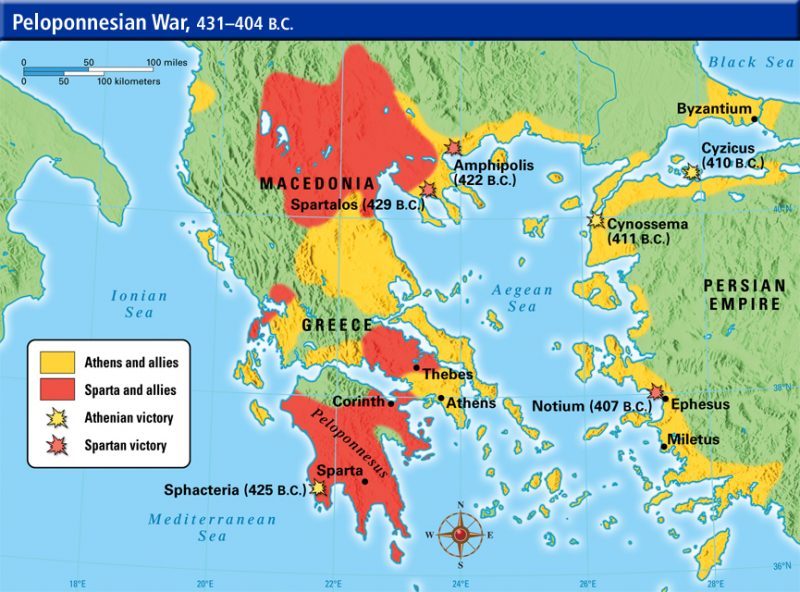

Having been a free state for seven hundred years, they were not ready to give up that freedom. The Melians argued that by the law of nations they had the right to remain neutral, and no nation had the right to attack without provocation.


The envoys came with an offer that, if the Melians submitted and became part of the Athenian empire, their people and their possessions would not be harmed. They were afraid the Athenians, known for their rhetorical skills, might sway the people if allowed a public forum. The commissioners of Melos agreed to meet the envoys in private. After strategically positioning their powerful fleets, the Athenian generals sent envoys to Melos to negotiate the island's surrender. Its neutrality, however, was unacceptable to the Athenians who, accompanied by overwhelming military and naval power, arrived in Melos to pressure it into submission. One such state was Melos.ĭespite being one of the few island colonies of Sparta, Melos had remained neutral in the struggle between Sparta and Athens. This struggle for hegemony by Athens and Sparta was felt most acutely by small, hitherto 'independent' states who were now being forced to take sides in the bipolar Greek world of the fifth century B.C. Each feared the others' hegamonic designs on the Peloponnese and sought to increase its power to thwart the subversion to strengthen itself and weaken its rival. Ten years into the War, they had signed a treaty of peace and friendship however, this treaty did not dissipate the distrust that existed between them. It was the sixteenth year of the Peloponnesian War, but for the last six years the two great feuding empires headed by Athens and Sparta (Lacedaemon) had avoided open hostile action against each other. The powerful Athenian generals and their fleet of 38 ships carrying heavy infantry and archers waited at the shores of Melos ready for action as the Melians deliberated.

The leaders of Melos faced a terrible choice: Have their Countrymen die as free men or live as slaves.


 0 kommentar(er)
0 kommentar(er)
